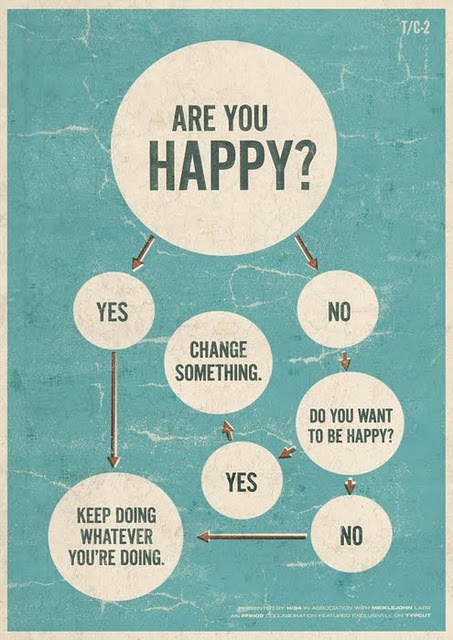The Return of The Happy Housewife
March 5, 2006 By: Charlotte Allen for The Los Angeles Times
BETTY FRIEDAN, it seems, died just in time to roll over in her grave.
A new study by two University of Virginia sociologists concludes that stay-at-home wives whose husbands are the primary family breadwinners don’t suffer from “the problem that has no name,” as Friedan famously wrote in 1963. In fact, the majority of full-time homemakers don’t experience any kind of special problem, according to professors W. Bradford Wilcox and Stephen L. Nock, who analyzed data from a huge University of Wisconsin survey of families, conducted during the 1990s.
Here are the figures, published in this month’s issue of the journal Social Forces: 52% of wives who don’t work outside the home reported they were “very happy” with their marriages, compared with 41% of wives in the workforce.
The more traditional a marriage is, the sociologists found, the higher the percentage of happy wives. Among couples who have the husband as the primary breadwinner, who worship together regularly and who believe in marriage as an institution that requires a lifelong commitment, 61% of wives said they were “very happy” with their marriages. Among couples whose marriage does not have all these characteristics, the percentage of happy wives dips to an average of 45.
Lest you think the statistics come out this way because tradition-minded women happen to like tradition-minded wedlock — or they’re just brainwashed by their churches — you’re wrong. In an unpublished second paper, Wilcox sifted through the survey data and discovered that even wives who describe themselves as feminists report being happier with traditional marital arrangements in which they stay home with the kids and their husbands provide for them.
“They might think of themselves as progressives and believe in gender equality, but the same pattern holds for them,” Wilcox said.
One more surprise: Even for wives who work full time outside the home, the key to marital happiness isn’t splitting household chores and child care down the middle with their husbands. It’s much simpler: an affectionate and appreciative husband who believes, along with his wife, that marriage is forever. Sociologists call it “emotion work” — husbands talking to their wives, being understanding and supportive, spending quality time in the form of romantic evenings for two, walking hand-in-hand on the beach and so forth.
“It’s far more important than who does the dishes and folds the laundry,” Wilcox said.









4 comments ↓
Love it! Finally people are beginning to understand that women should not put their children at risk for the sake of advancing their own careers… Let the man do ‘his thing,’ he will love you for it.
I really enjoyed reading your post!
I would love nothing more than to be a housewife, however I still haven’t found “the one”.
Would love to read about how to find a “husband” to take care of.
~Kiki Nakita~
I despise those feminist witches. Hey, I wasn’t even born when these stupid ladies decided that traditional marriages were wrong and that we women wanted to become men and go to the corporate world. Been there, done it and have no interest what-so-ever to return. I can’t wait to have a home with a real man that takes his role of head of the family seriously and I’ll be the heart, because behind any great man there is a wonderful woman supporting him.
Way to go, girl! We need more real feminine women and less of those masculine feminist.
Goodness, it’s refreshing to know there are women who still respect traditional marriage. As a man in my mid-20’s, I’ve never met a woman in the US who wanted to be a housewife–every woman I’ve ever met wanted to have a career. Almost every woman in my family who kept her job after marriage has either divorced or separated.
There are men in the US who are willing to provide for and protect their wife and children, who want a housewife and a traditional marriage. Don’t give up!
Leave a Comment